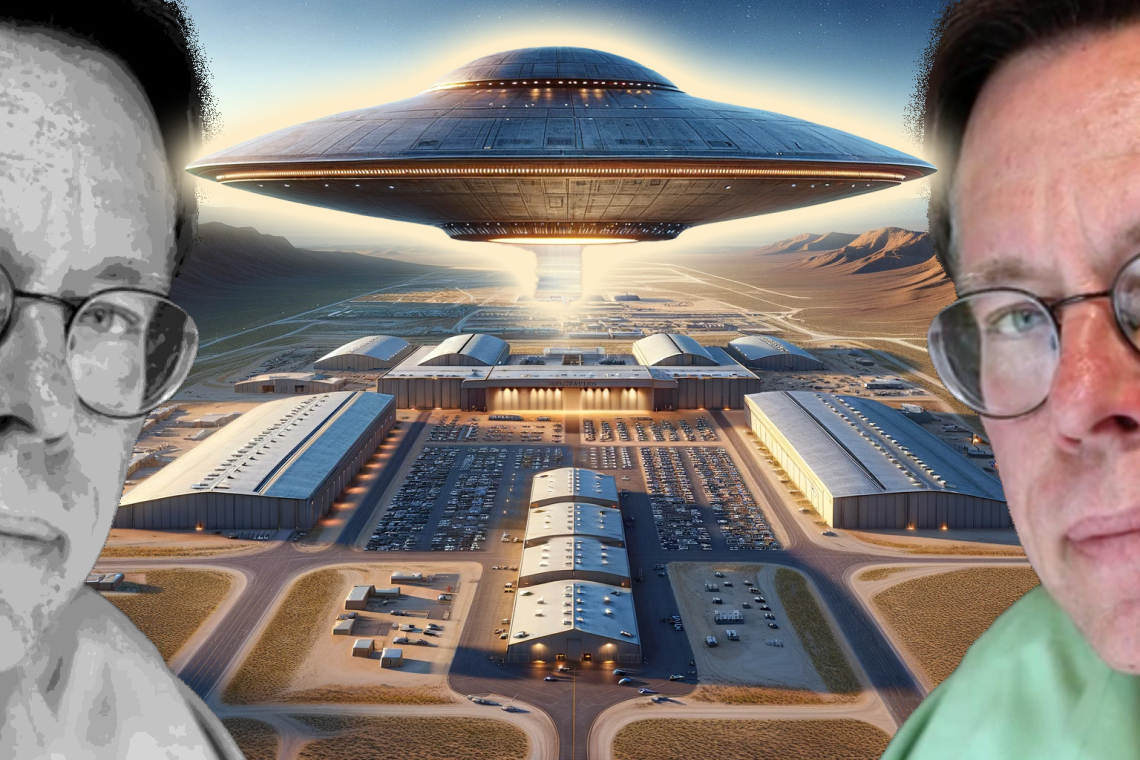In a candid interview, Bob Lazar, known for his disclosures about alleged extraterrestrial technology, unveils a disconcerting chapter in his life, shedding light on the unexpected scrutiny from government agencies. Initially confident in his belief that he had escaped the government's watchful eye for over three decades, recent events have forced Lazar to reassess his assumptions.
Lazar recounts a seemingly innocuous private conversation with filmmaker Jeremy in a remote area of his property, under the assumption of absolute privacy. To their astonishment, this supposedly confidential discussion became the focal point of an FBI raid the following morning. The scale of the operation, involving an array of personnel and computer experts, left Lazar and Jeremy bewildered.
The intrusive nature of the raid was further underscored when the FBI agents, in an unexpected turn, recited verbatim a portion of the private conversation. This revelation shattered Lazar's belief that his discussions were inconspicuous and irrelevant, prompting a closer examination of the government's keen interest.
The FBI justified their actions by claiming to search for receipts related to the purchase of toxic materials by an individual. However, Lazar suggests a deeper motive, pointing to a potential crime involving the theft of fuel from an unidentified craft. Element 115, a substance Lazar claims to have fueled the craft, was allegedly taken from Los Alamos, prompting the FBI to investigate Lazar's possession of this material for testing.
This unnerving encounter raises broader questions about personal privacy in an era of advanced surveillance. Lazar's experience serves as a cautionary tale, emphasizing the blurred boundaries between public and private discourse in a world where even the most confidential conversations may be subject to scrutiny by government agencies. As unanswered questions persist, Lazar's revelation leaves us pondering the extent to which our private lives are scrutinized in the name of national security.



